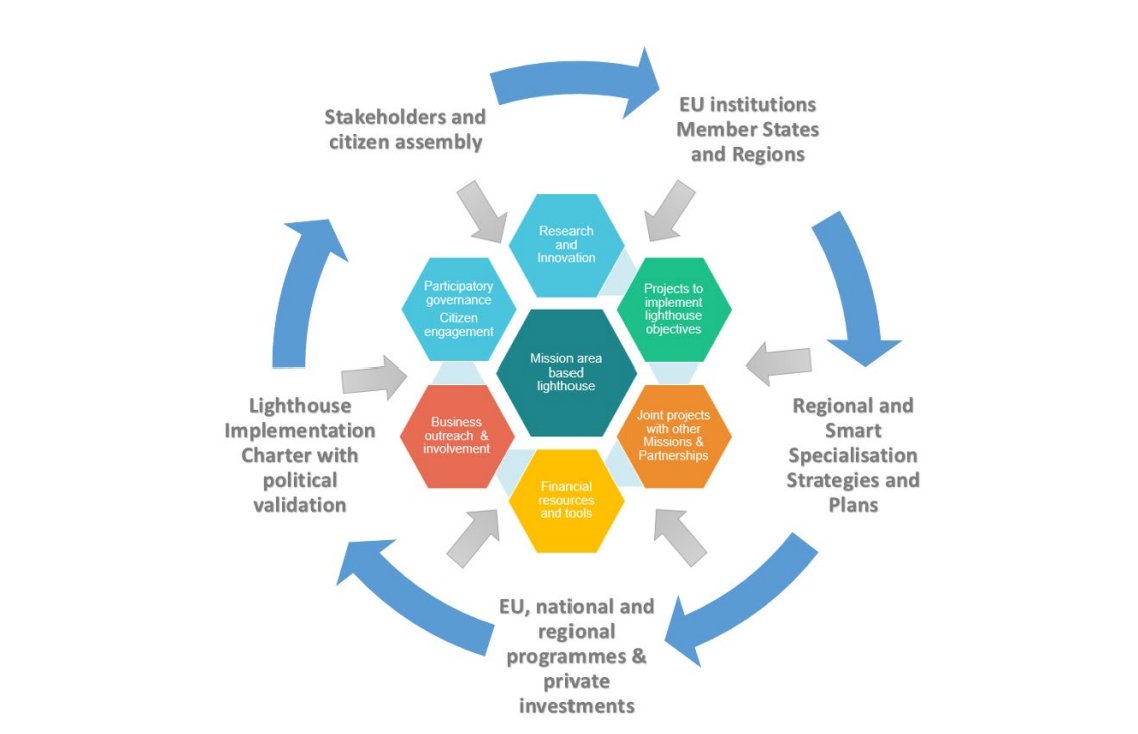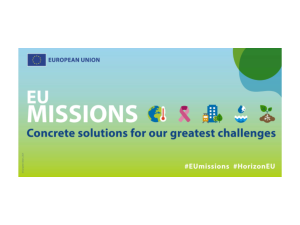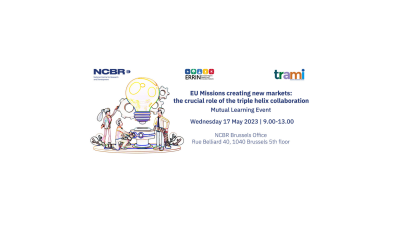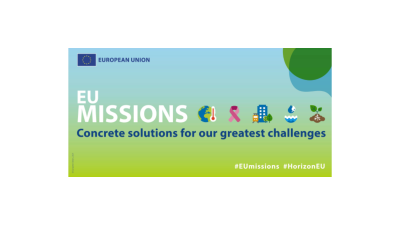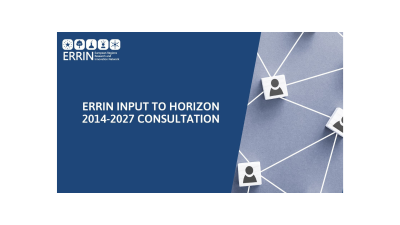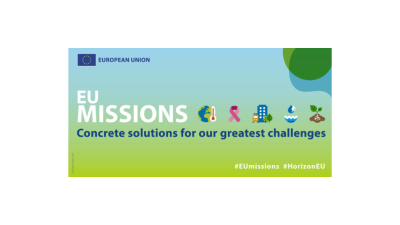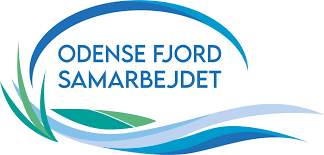ERRIN input to Mission Restore our Ocean and Waters by 2030
The governance of our oceans and waters is a fragmented framework spread over all levels – from international to local. Regional and local authorities and stakeholders will be an important player in the development and steering to create more coherence and efficient cooperation both in terms of investments and research and innovation agendas.
2020
In July 2020, the Blue Economy Working Group organised a webinar to discuss the development of the Mission with the European Commission and a member of the Mission Board.
2021
Building on the webinar in 2020, ERRIN’s Blue Economy Working Group organised in June 2021 a dialogue together with the Mission Secretariat focusing on the area-based lighthouses proposed in the Mission. The event presented an opportunity for ERRIN members to come together with those working on the Mission and its Implementation Plan to discuss potential lighthouse activities, scale and governance. During the meeting, inspiring examples were presented from ERRIN members including WaterCampus Leeuwarden, North Norway, Mid-Norway, Turku Southwest Finland, Welsh Higher Education, Emilia Romagna and South Denmark.
The report on the dialogue includes ERRIN's key messages on the scale, scope, governance and synergies of the area-based lighthouses within the Mission.
2022
ERRIN provided its input on the Mission Charter in February 2022, which was shared with the Mission Secretariat, and shared its messages for the Horizon Europe Missions Work Programme 2023-2024 in May 2022 where the members' concerns over the rigid and narrow thematic basins of the Mission were raised.
2023
ERRIN has through its Blue Economy Working Group continued the dialogue with the Mission Secretariat. The project tasked with developing the Mission Implementation Support Platform, in which ERRIN is a partner, kicked off in the beginning of 2023.
